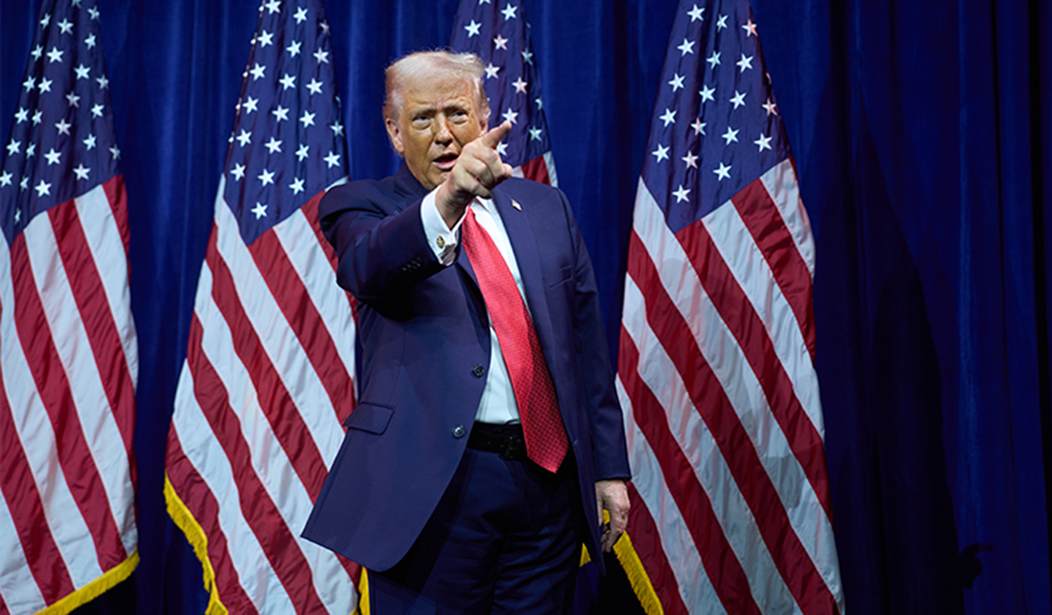 |
| Sanders looks like he's crying! |
The Sanders and Hillary Clinton campaigns worked out an agreement to create a so-called "unity commission" to revise the nominating process, including changing superdelegate rules. The plan won near-unanimous support from the committee.
The 21-member commission will study a number of issues, including how to improve access to caucuses and how to broaden the party's appeal. For superdelegates, the commission's recommendation is that Congress members, governors and other elected officials should remain as unpledged delegates, but that other delegates would be bound proportionally to the primary results of their state.
Sanders campaign manager Jeff Weaver endorsed the plan, saying it would "result in the reduction of superdelegates as we know them by two-thirds." The Clinton campaign also expressed support for the commission.
Any changes to superdelegate rules would still be subject to DNC approval. A report by the commission is due by Jan. 1, 2018.
The compromise was reached after a lengthy meeting in which Sanders supporters grew increasingly frustrated as their efforts on superdelegates were voted down.
The latest headlines on the 2016 elections from the biggest name in politics. See Latest Coverage →
Supporters of the effort said earlier Saturday that they had enough support to potentially bring the issue to a vote on the convention floor in Philadelphia next week. But it was not immediately clear whether that would still happen after the passage of the compromise plan.
As the various amendments were voted down, Sanders supporters in the back of the hall expressed their frustration, shouting: "Shame ... shame ... shame!"
"Young people in the Democratic Party are very, very angry," Indiana delegate Jonathan Little said during debate on one of the amendments. "The party is very close to splitting."
Sanders has been critical of superdelegates during his contentious primary fight with Clinton for the nomination. His supporters argue Clinton's substantial superdelegate lead may have influenced the outcome of the race, although Clinton also led Sanders with pledged delegates. Late in the race, Sanders sought to flip superdelegates with little success.
There are 713 superdelegates, mainly members of Congress and members of the Democratic National Committee. Clinton leads Sanders with superdelegates 602 to 48. Combining pledged delegates and superdelegates, Clinton leads 2,807 to 1,894.
With the convention just days away, the hearing was one of the last opportunities for Sanders' supporters to push their agenda.
The party platform debate concluded recently with a draft document that included many of Sanders' priorities, including proposals for a $15 federal minimum wage, abolition of the death penalty and steps to break up large Wall Street banks.



No comments:
Post a Comment